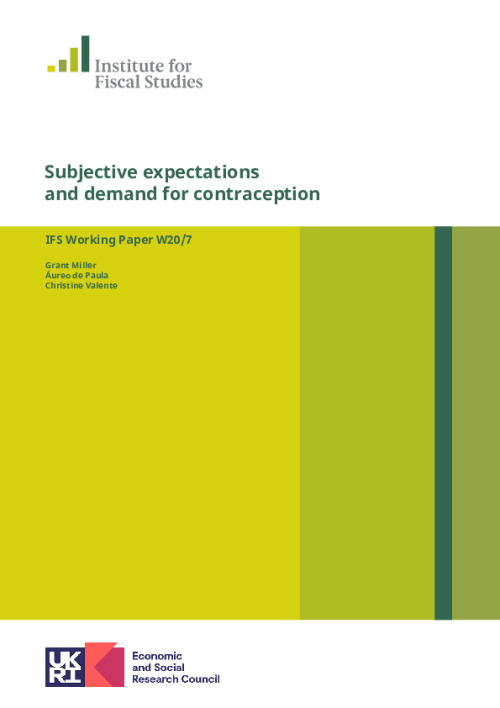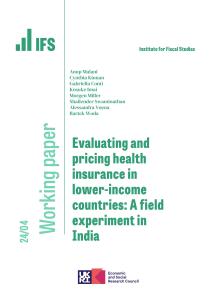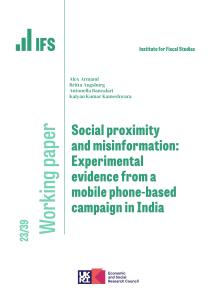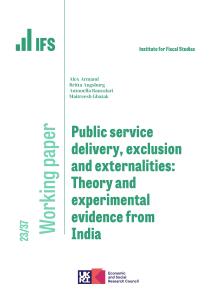Nearly one-quarter of married, fertile-age women in Sub-Saharan Africa say that they want to avoid pregnancy but are not using contraceptives. To the best of our knowledge, this paper is the first to study this puzzle in a developing country using detailed data on women’s subjective probabilistic beliefs about contraception and contraceptive attributes. Simulations based on a structural model suggest that costly interventions such as eliminating supply constraints would only have modest effects on contraceptive use. Alternatively, increasing partners’ approval of methods, aligning partners’ fertility preferences with women’s, and correcting women’s expectations about pregnancy risk absent contraception have the potential to increase use considerably. We provide additional empirical support for this last result through an experiment in which we find that simply (and effectively) informing women about underlying pregnancy risk increases stated intentions to use contraception substantially.










